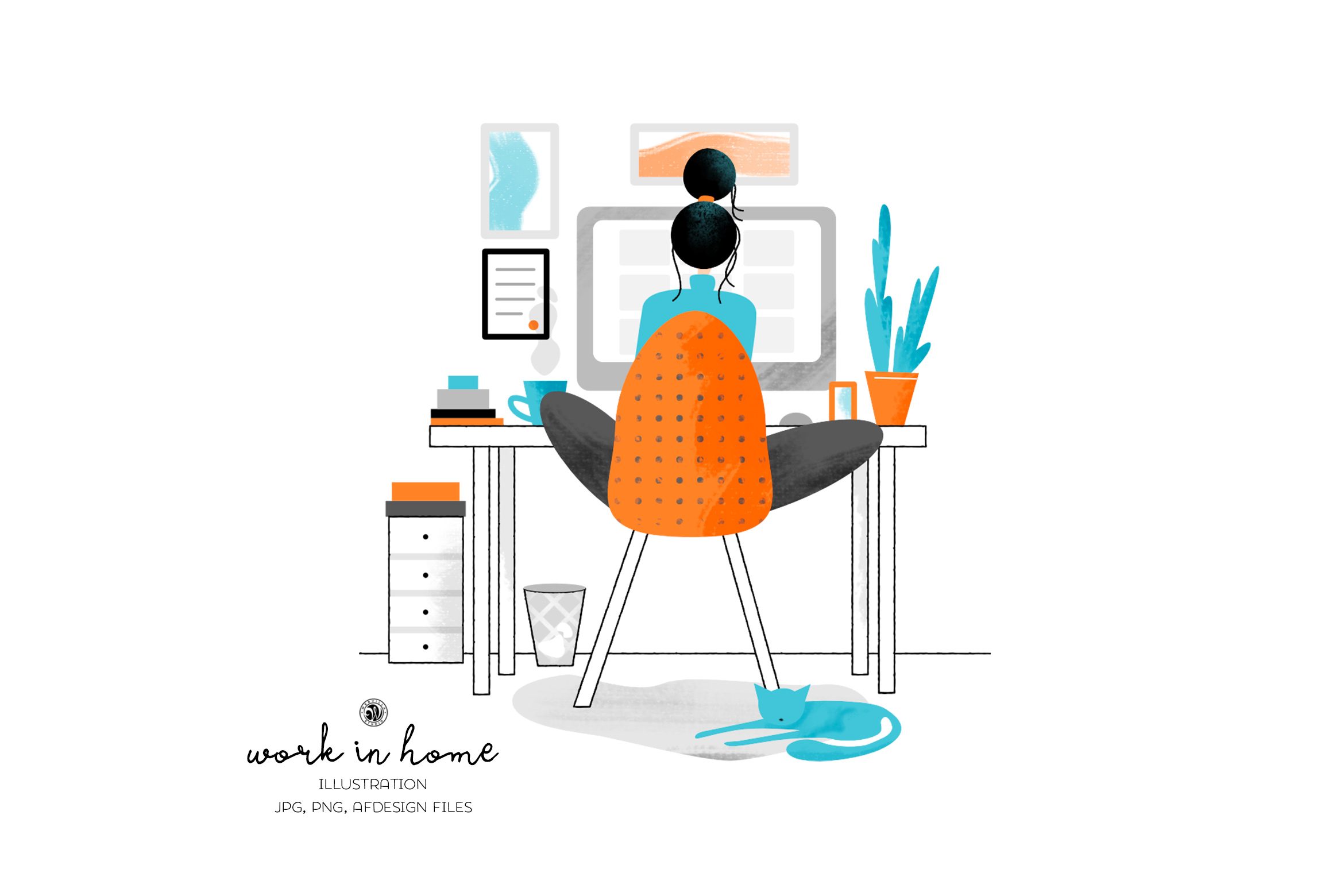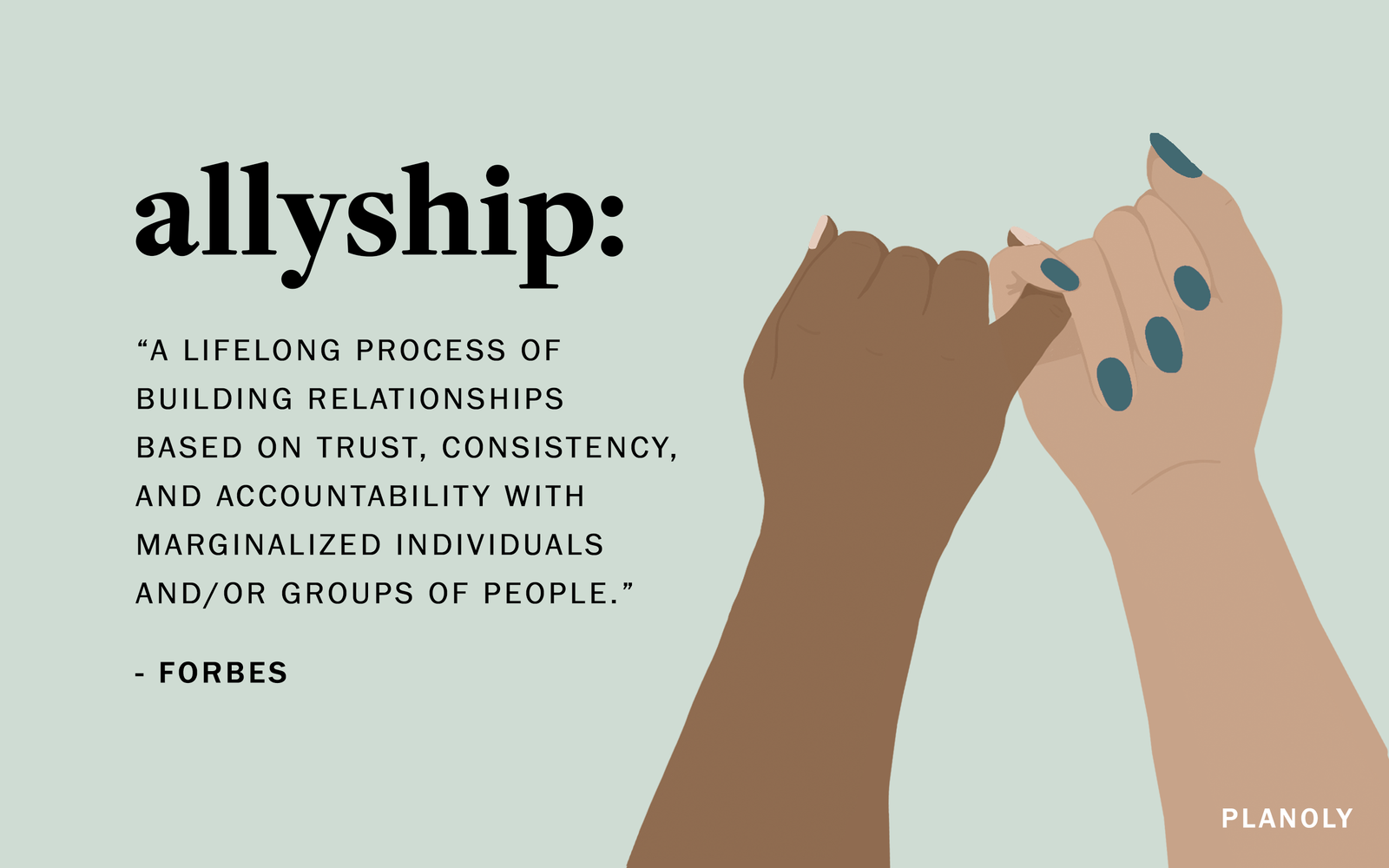Currently, we are seeing a surge in support for civil rights movements, which have pointed out many of the injustices that members of the black community have had to face their whole lives—one of the movements that have been gaining ground addresses the issue of anti-black hair.
There have been many discrimination lawsuits across the world that have dealt with employers setting out specifications of what qualified as a “professional” hairstyle. Notably, these listed professional hairstyles often excluded many black styles, including dreadlocks, Bantu knots, and even wearing one’s hair naturally.
Anti-black hair sentiments take their roots in colonisation back to the point of slavery. Plantation owners would often prioritise the slaves of a lighter complexation and had softer hair as these were considered to be whiter features. This resulted in colourism. Colourism can be defined as “prejudice or discrimination against individuals with a dark skin tone.” Thus, to receive similar treatment, women with kinkier hair would try to emulate these hairstyles or even result in completely covering their hair.
Colourism has become so endocrine into the black psyche to the point where people are bleaching their skin to become whiter, engaging in deadly surgeries to change the colour of their eyes. This is not an American problem either. This is a black community problem worldwide, spanning from Louisiana to Kingston in Jamaica to Lagos in Nigeria.
Colonialism has engrained the thought that to be beautiful, people must conform to European beauty standards. And to conform to European standards, black people must essentially change their appearance and not always in a way that benefits them emotionally or physically.
Even after abolishing slavery, black hair has been the target of the white man’s world. Almost every culturally black hairstyle has been associated with the words “ghetto” and “ratchet”.
So, after centuries of being told that their hair wasn’t professional enough; their hair was dirty; their hair was messy, black women started to reclaim their natural hair. There are now hundreds of black-owned hair care lines that cater to kinkier hair, as well as hundreds of successful black female YouTubers who have shared their hair care experiences.
The natural hair movement aims to promote hairstyle choice for both black women and men because this is an issue that affects men as well. The movement seeks to promote awareness and rid of the white man created stereotypes that black hair is not adequate.
The Netflix film “Nappily ever after” brings attention to this issue with the central message to teach black women to stop being “perfect” and that their hair is beautiful even if it is nappy.
So, to women of colour, I have one thing to say: “YOU ARE BEAUTIFUL, no matter how kinky your hair is. Your hair is beautiful, your hair is professional, and it does not need to conform to no white man’s interpretation of beauty.”
So as we approach the end of Black History Month, let’s continue to educate ourselves about the injustices that the black communities still face today and how we can become involved to help make a change.






